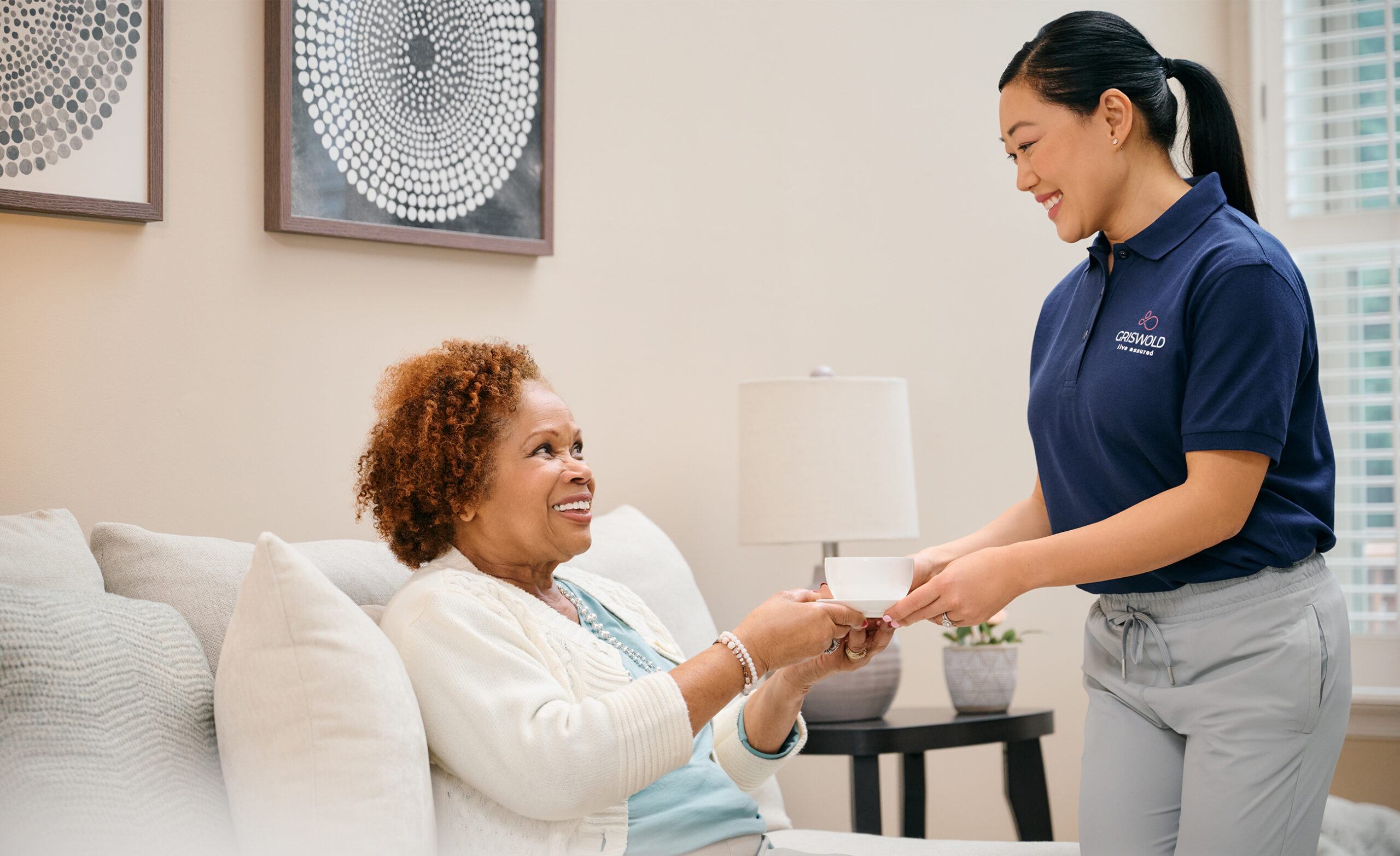Care Services
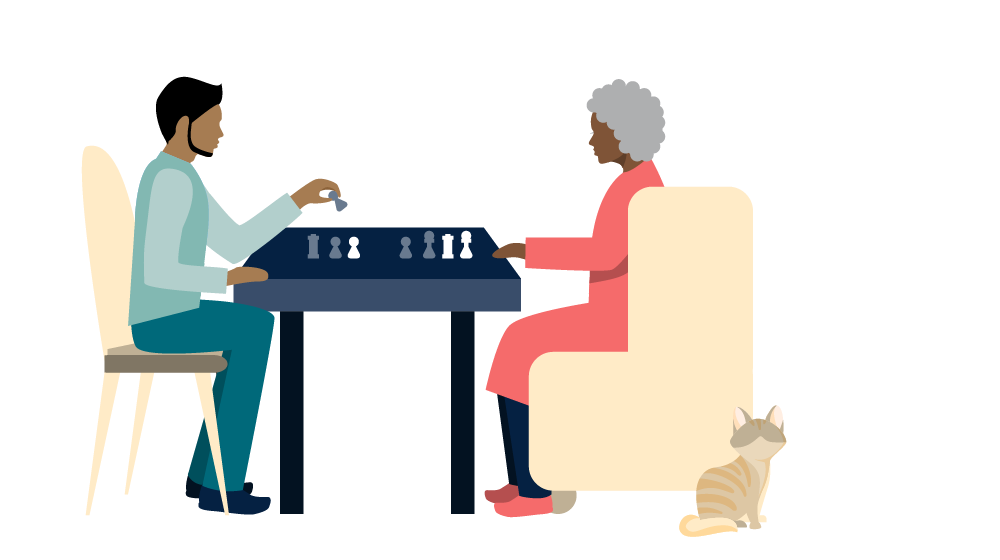
Companionship
Connection and social engagement are vital for our physical health and emotional well-being. Interacting with others improves cognitive function and physical resiliency, reduces stress and depression, and creates a sense of belonging and purpose. Quite simply, companionship makes us healthier and happier. A Griswold Caregiver is a companion who helps with things like:
- Shopping and errand assistance
- Writing and sending cards, notes, and emails
- Supporting hobbies and interests
- Providing companionship at social events
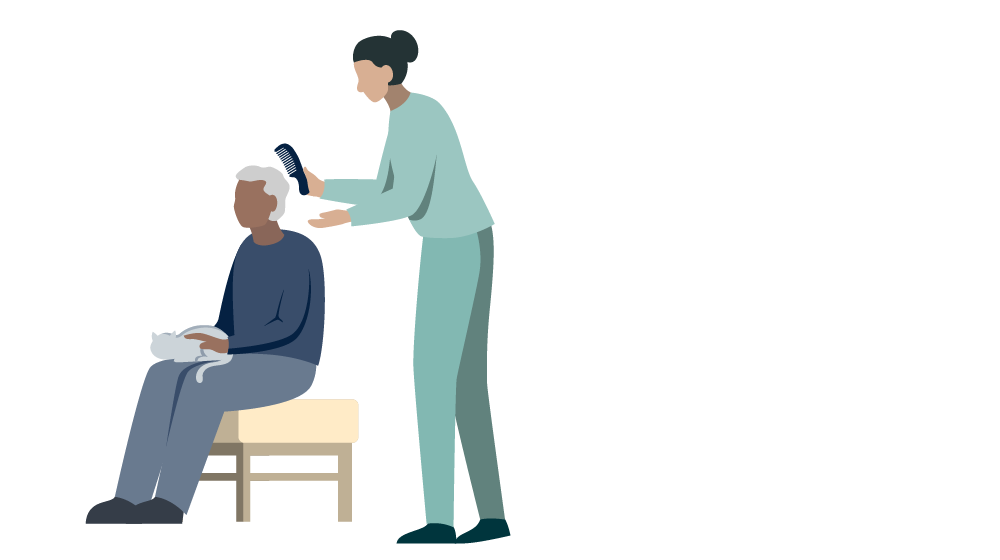
Personal Care
Whether a loved one is experiencing the natural decline in mobility that comes with aging or has physical limitations from disabilities, illnesses, or injuries, their quality of life diminishes when they are unable to attend to their personal care. The ability to perform these tasks can make the difference between remaining at home or moving into a facility. Our Caregivers assist with essential personal care activities that help maintain clients’ dignity and self-esteem:
- Toileting
- Bathing
- Oral care, skin care, and general hygiene
- Hair care, grooming, and dressing
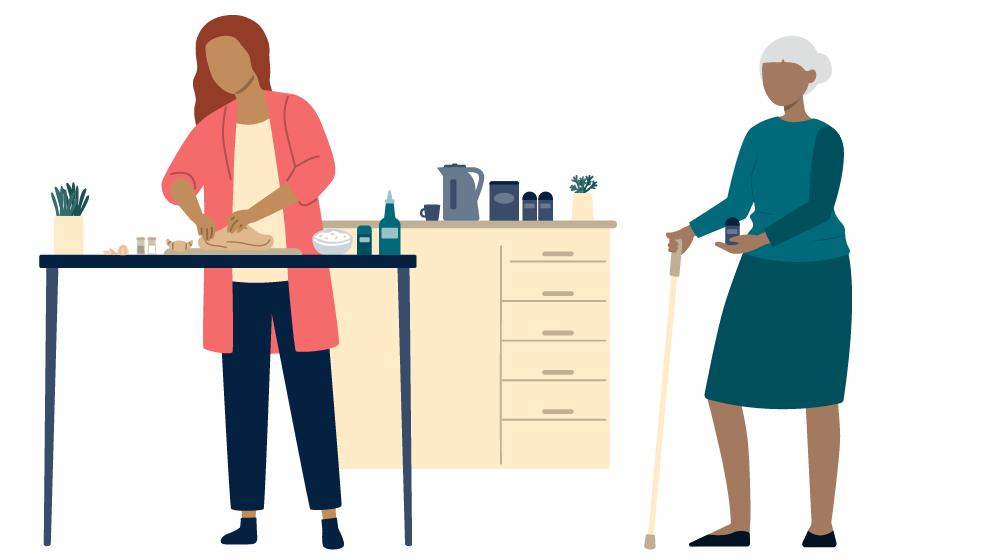
Homemaking
Our clients love where they live. They want to stay home as they age, recover from injuries, or manage illness. For those times when it becomes too hard to lift the laundry, mop the floor, or prepare a meal, Griswold Care Professionals are there. Our homemaking services, which can be full-time or just a few hours a week, include:
- Running errands and grocery shopping
- Meal planning and preparation
- Light housekeeping, such as dishwashing, cleaning, organizing, and plant care
- Laundry, linens, and bedmaking
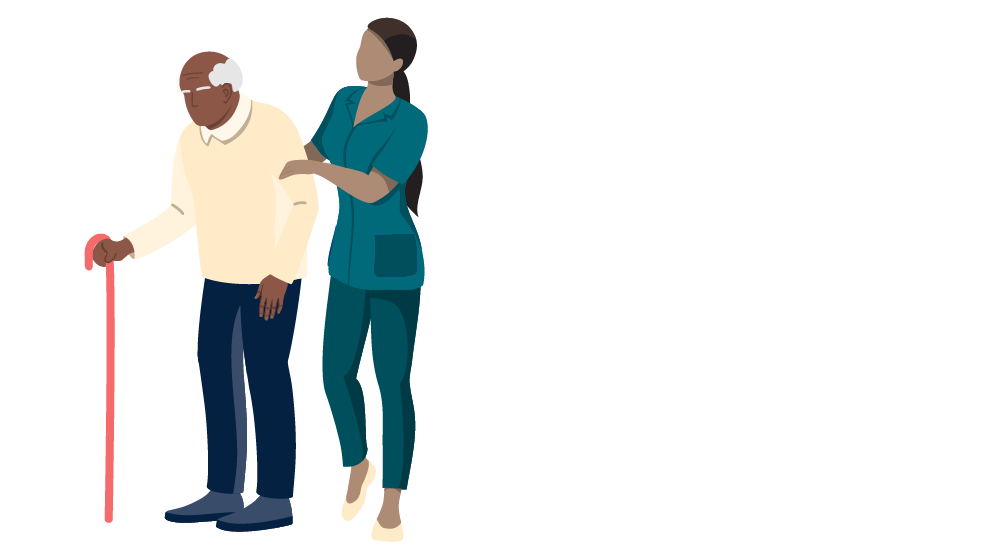
Dementia Care Support
Caring for a loved one with memory loss requires an added level of care, compassion, and patience. Early on, clients may need occasional reminders or assistance with everyday tasks and personal hygiene. Later-stage Dementia care can require significantly more assistance. Behavioral changes are common, and family members may struggle to understand or manage care. Many Griswold Caregivers have experience supporting memory loss patients. In addition to routine personal care, homemaking, and companionship, caregivers will take extra steps to:
- Reintroduce themselves every time they arrive
- Prepare meals that accommodate struggles with utensils
- Stimulate short-term memory through cognitive activities
- Interact with them in their version of reality
- Help them recall a life well-lived
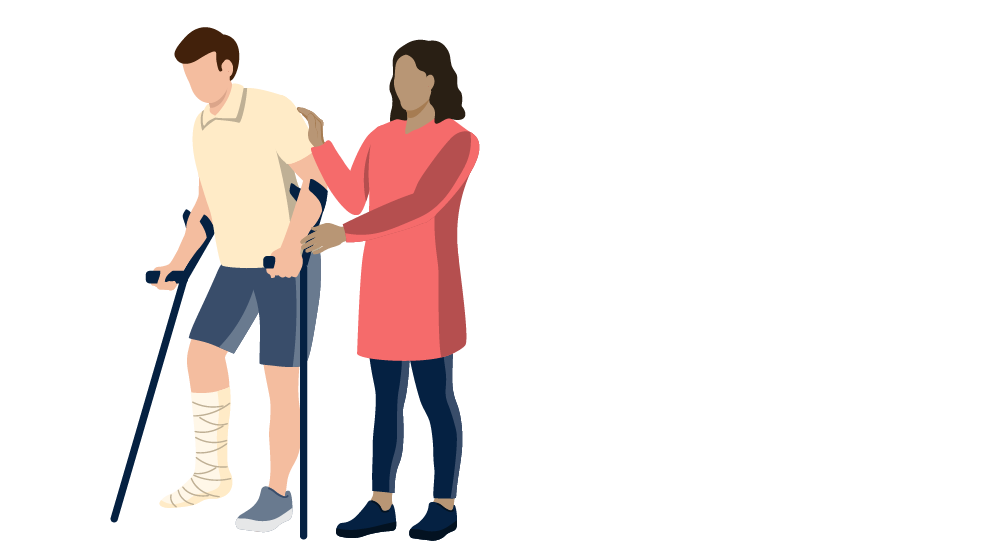
Post Surgery & Rehabilitation Care Support
Many surgeries require post-surgical support, no matter your age. Your mobility can be impacted, and you may not be able to drive for a while. Outpatient surgery typically requires someone who will drive you to and from the appointment and stay at home with you for the first twenty-four hours after surgery. Rehabilitation can be more successfully managed with the right support. Griswold Caregivers will be there to help you with:
- Transportation to and from surgery and medical appointments
- Homemaking, companionship, and personal care
- Active range-of-motion exercises
- Medication reminders
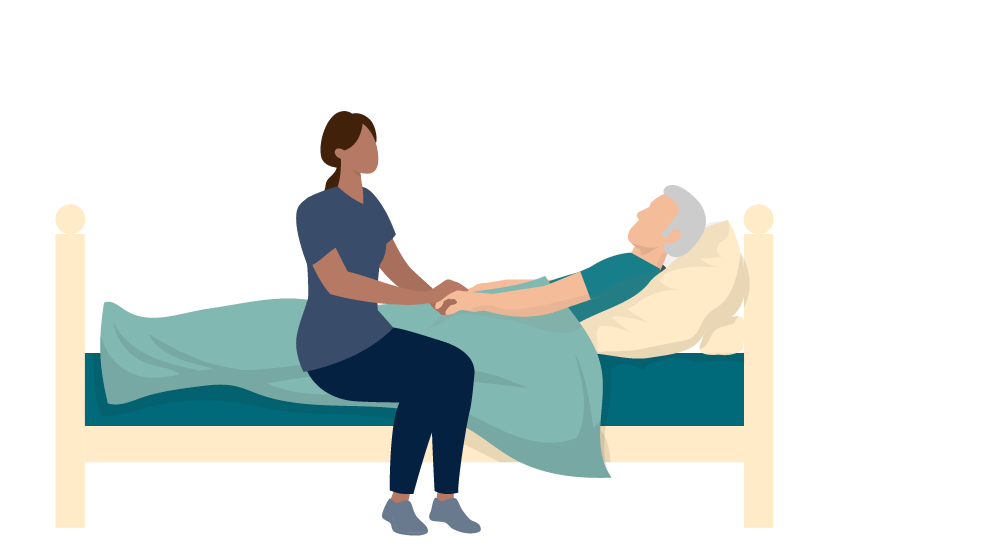
Hospice and Palliative Care Support
Sometimes, despite your strongest desire otherwise, the best you can do for a loved one is to ensure they are not suffering and retain some quality of life as they live with serious illness. Palliative care helps address the pain, symptoms, and stress of their illness. For those who are approaching the end of life with little likelihood of recovery, hospice care provides dignity for the patient and peace of mind for those close to them. Hospice offers pain and symptom management as well as emotional support. Griswold Care Providers support palliative and hospice patients and their families with:
- Emotional support
- Medication reminders
- Homemaking, companionship, and personal care
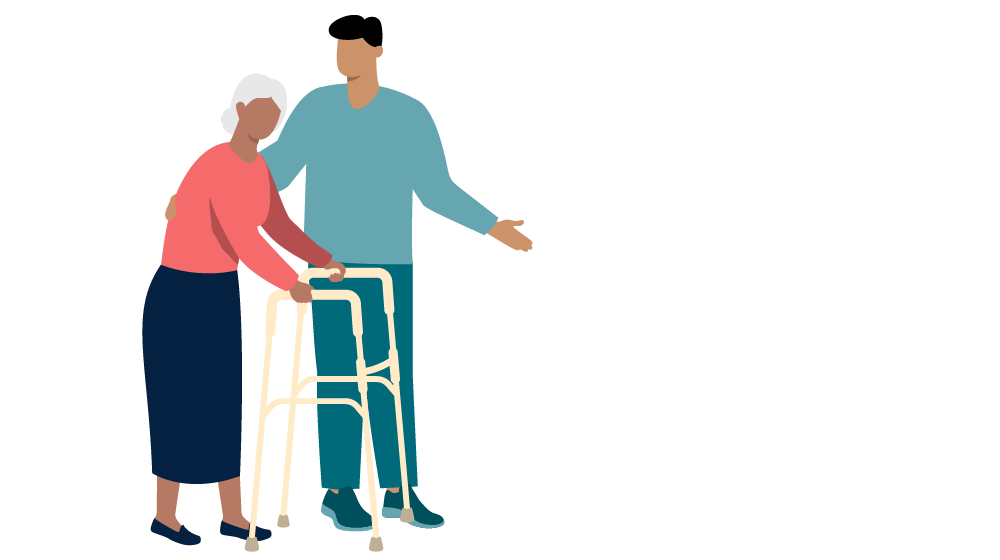
Neuromuscular Care Support
ALS (Amyotrophic Lateral Sclerosis), MS (Multiple Sclerosis), Parkinson’s, and other neuromuscular conditions can significantly impact a loved one’s ability to live independently and with dignity. These diseases impact everyone differently, and new challenges can emerge as the disease progresses. Flexibility in caregiving skills is vital when caring for someone with a neuromuscular condition. Griswold Caregivers can assist with:
- Homemaking, companionship, and personal care
- Respite care for full-time Caregivers
- Around-the-Clock Care
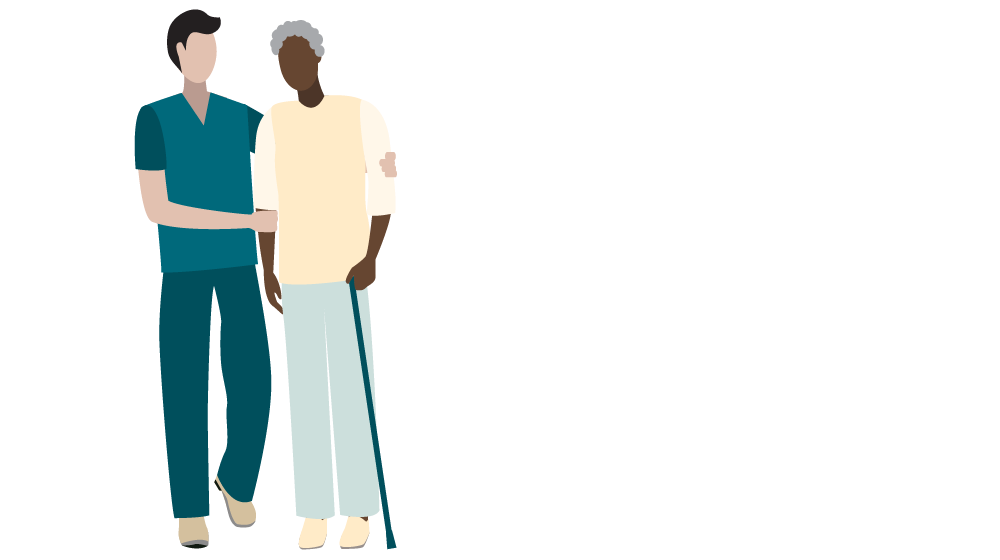
Fall Prevention & Recovery Support
Aging increases the risk of falling, often when doing routine activities such as climbing stairs, getting in and out of a shower or bath, or standing up from a seated position. Accepting that you or a loved one needs help with formerly independent activities may be hard. A Caregiver may identify ways to avoid falls which significantly improves aging in place. Griswold Care Professionals can assist you with:
- Placing night lights in hallways, bathrooms, and other dark areas
- Adding non-slip mats in frequently used areas of the home
- Homemaking, companionship, and personal care
- Active range-of-motion exercises
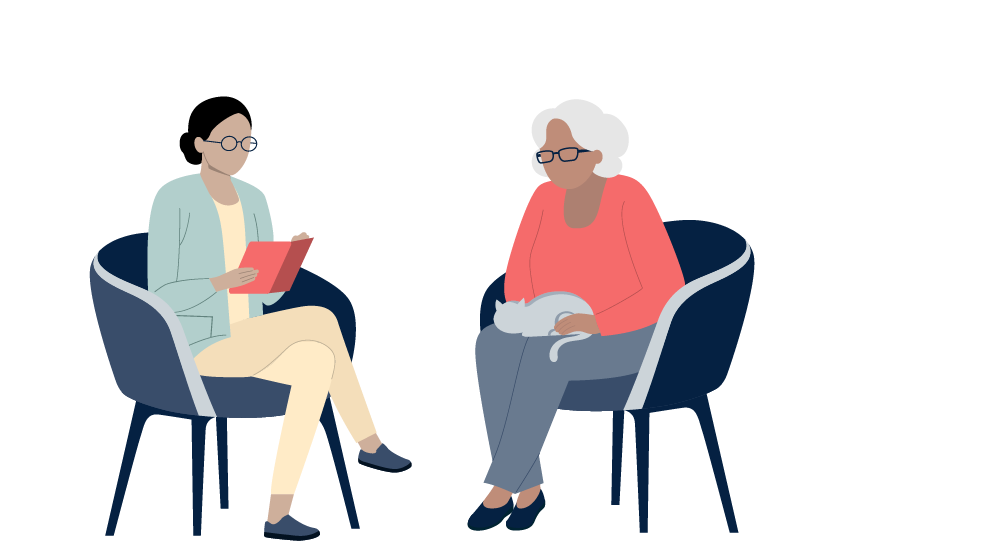
Respite Care
Caring for a loved one can be overwhelming. You must selflessly provide daily support in addition to your own responsibilities, like your career, children, finances, household tasks, social engagements, and more. Being an effective Caregiver for others demands that you take care of yourself, too. When you need a break, Griswold is a trusted source of relief. Our Caregivers may provide:
- Homemaking, companionship, and personal care
- Care for those who need assistance due to certain conditions, illnesses, or injuries
- Around-the-clock care if you will be away for an extended period
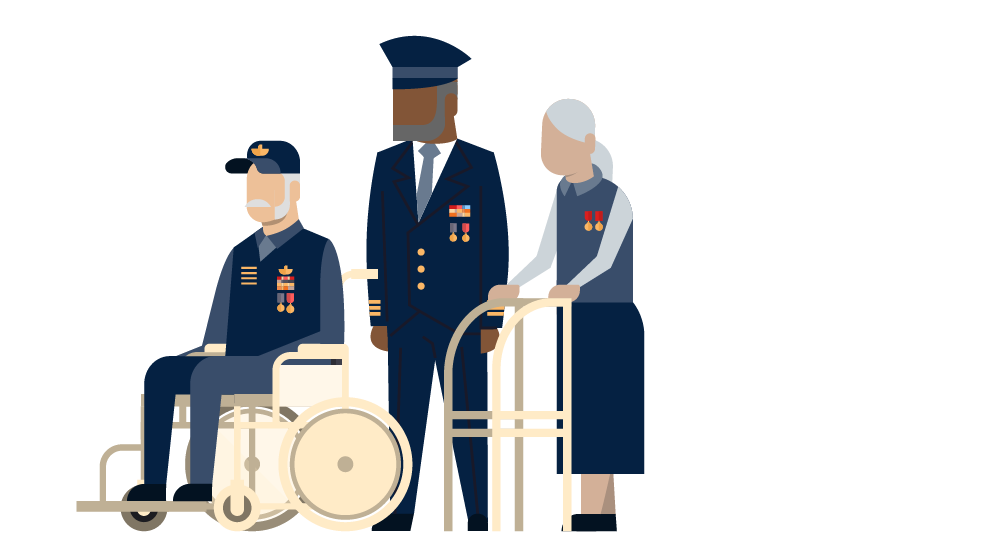
Veterans Care
The U.S. Department of Veterans Affairs is the largest integrated healthcare system in the country and provides many care services free of charge or at minimal cost for veterans. However, many veterans are unaware of their VA benefits or how to access them. Griswold staff can help cut red tape, access the right information, and ensure your loved ones receive the necessary benefits. Your local Griswold office may assist with:
- Obtaining VA medical benefits
- Registering for VA benefits that cover personal care
- Identifying veteran-specific support groups and rehab facilities
- Accessing veteran mental health support services
- Providing Care Professionals and in-home care utilizing VA benefits
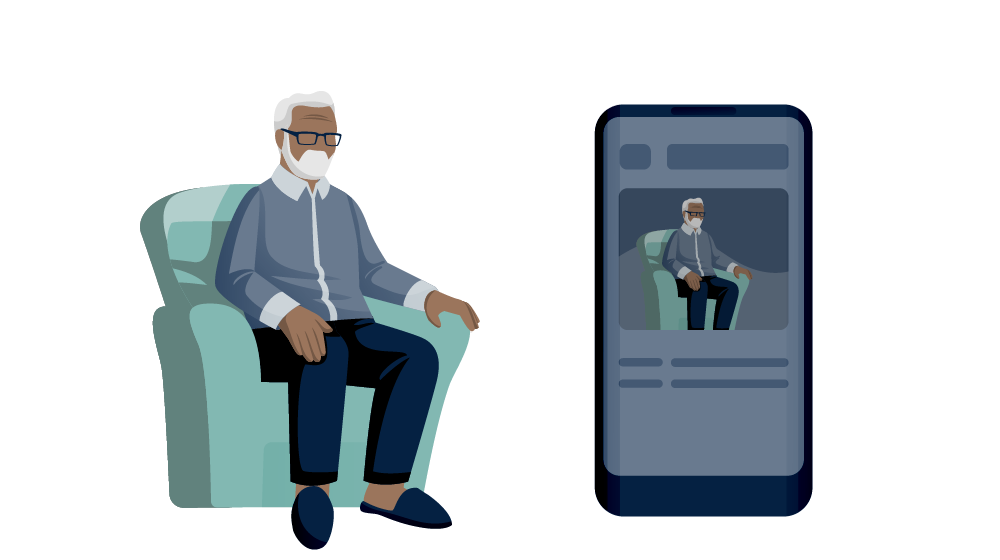
Innovative Care
When technology and home care meet in safe and effective ways, the benefits to our clients can be lifesaving. We are committed to finding innovative ways to ensure your loved ones are supported when our Caregivers are present and when they are not. Your local Griswold office may offer:
- Remote monitoring
- Virtual care agents
- Medical concierge and patient monitoring
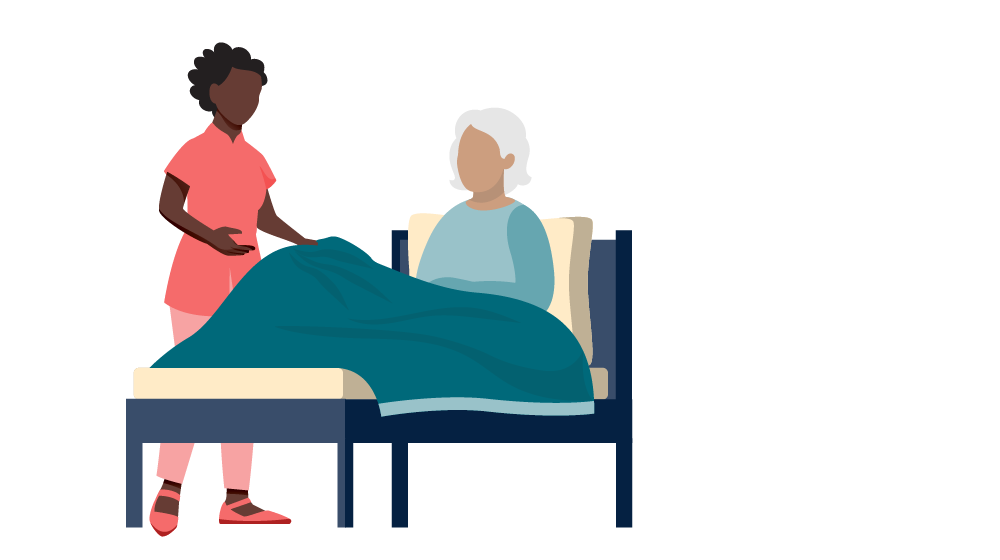
Overnight Care
When your loved one cannot be alone overnight, a Caregiver can stay in their home to provide that peace of mind. They may assist with:
- Toileting
- Medication reminders
- Morning meal prep
- Personal Care to start your day
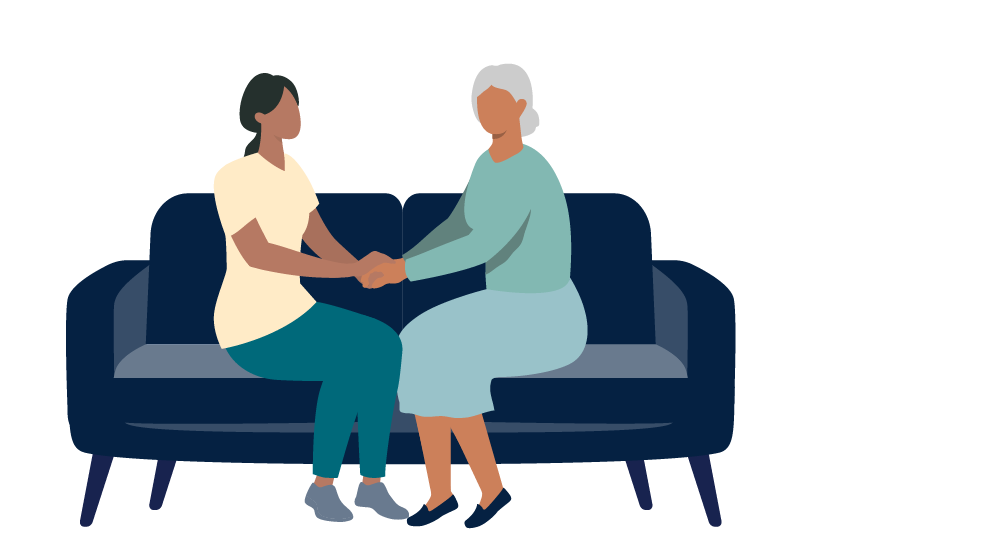
Live-In Care
Live-in care is perfect for someone who needs consistent and ongoing support. A Caregiver will live in the home, and often these arrangements result in healthy and meaningful friendships that can improve the client’s overall quality of life. These Care Professionals may provide:
- Homemaking, companionship, and personal care
- Care for those who need support due to certain conditions, illnesses, or injuries
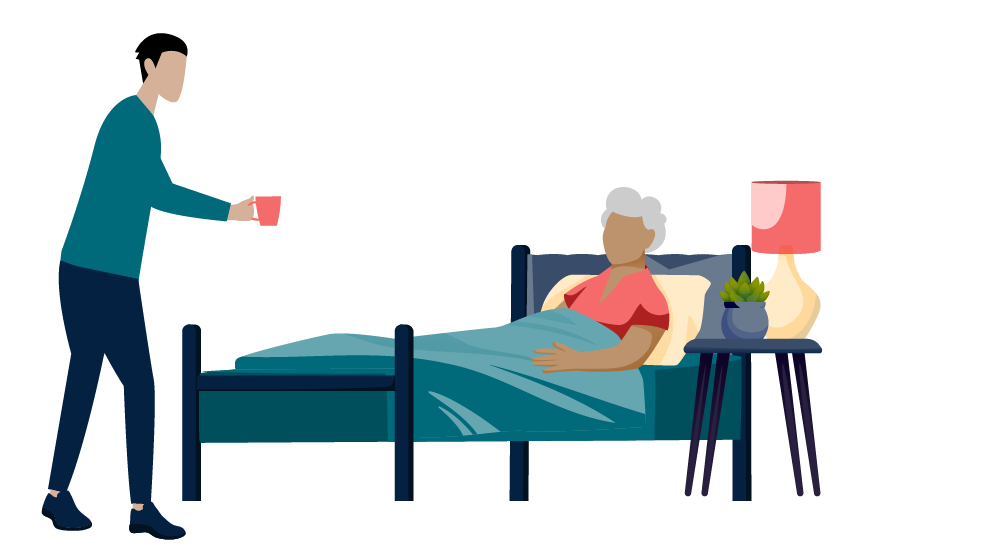
24-Hour Care
24-hour care is an option when full-time care is desired, but you may not want someone else living in the home. In this case, you will have multiple Caregivers working in shifts to ensure someone is always there. These Care Professionals may provide:
- Homemaking, companionship, and personal care
- Care for those who need support due to certain conditions, illnesses, or injuries
Learn more about the differences in types of Around-the-Clock Care
We are dedicated to ensuring you receive the support you need. Please note that services may vary by location, so reach out to your nearest office to discuss your unique needs. Don't hesitate to get in touch—we're here for you every step of the way!
